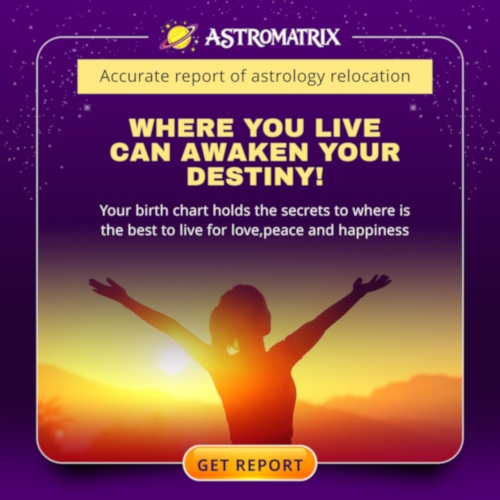Juno Inconjunct Moon ~ Planet Aspects

"I have the power to harmonize my emotional needs and committed partnerships, creating a life of balance and fulfillment."
- Nurturing self while committed
- Balancing emotions and partnerships
Juno Inconjunct Moon Opportunities
- Balancing emotions and commitments
- Prioritizing self-care and relationships
Juno Inconjunct Moon Goals
Juno Aspects
Juno: The Covenant of Partnership
In the natal chart, Juno, named after the Roman goddess of marriage and commitment, signifies the nature of one's ideal partnership and the qualities one values in long-term commitments. It delves deeper than just romantic inclinations, revealing insights into how an individual perceives loyalty, what they expect in terms of fairness within a union, and their innate approach to contracts, be they marital or otherwise. Juno's position by sign can indicate the kind of partner one is drawn to or the style of partnership that resonates most deeply. For instance, Juno in Leo might seek a dramatic, passionate, and loyalty-driven relationship, while Juno in Gemini might prioritize intellectual rapport and communication.
Juno's Sacred Vows
Beyond sign placement, the house Juno occupies shows the arena of life where one seeks deep commitment and where themes of contractual bonds might play out. For instance, Juno in the 10th house might indicate a person whose commitment is closely tied to their career or public life, perhaps suggesting business partnerships or a marriage that holds significant public importance. Aspects to Juno, whether harmonious or challenging, reveal nuances in how one navigates long-term commitments. A square to Venus might suggest tensions in balancing personal desires with partnership obligations, while a trine to Mercury could point to a harmonious communicative bond with a partner. Juno's intricate dance in the natal chart sheds light on the sacred vows one is inclined to make and the nature of the unions one seeks.
Juno Inconjunct Moon Meaning
The Juno Inconjunct Moon aspect indicates a challenge in integrating your emotional needs with your committed partnerships. This can affect various areas of your life, such as emotional relationships, motherhood/parenting, home and family life, and self-care and emotional well-being.
In emotional relationships, finding a balance between personal emotions and partnership expectations may be difficult. Navigating conflicting emotions requires conscious effort and effective communication to establish harmony.
In motherhood or parenting, balancing nurturing and personal needs can be a struggle. Meeting both your emotional needs and those of your family is crucial for maintaining healthy and supportive relationships.
Creating a harmonious domestic environment may pose challenges within your home and family life. Conflicting emotional needs and partnership dynamics can lead to tension. Prioritizing emotional well-being for all involved is essential to address these conflicts.
To maintain committed partnerships, it is important to prioritize self-care and emotional fulfillment. Remember that your emotional well-being impacts your relationships. Reflect on how to nurture yourself emotionally while honoring your commitments for a more fulfilling life.
Reflect on how you can navigate these potential challenges and find a balance between your emotional needs and committed partnerships. How can you prioritize self-care and emotional well-being while maintaining harmonious relationships in your life?
Juno Inconjunct Moon Keywords
Unlock the secrets to prosperity with our Abundance report. Explore how your birth aspects influence your wealth and security. Learn how to attract and maintain abundance in all areas of your life.
Our user-friendly layout guides you through the various aspects of abundance, providing clear and actionable insights. By using your precise birth details, we ensure unmatched accuracy, delving deeper with the inclusion of nodes and select asteroids for a complete picture of your financial and personal prosperity.












































